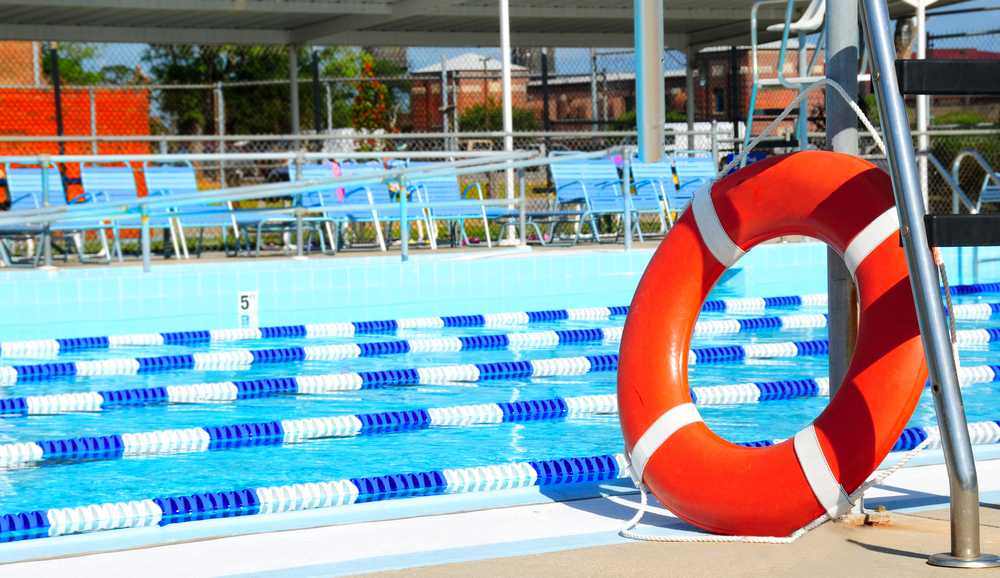4 Lifeguarding Myths Debunked

Most of us have a few ideas about what a lifeguard does, but there are a fair number of misconceptions floating around about what lifeguards really do all day. If you’ve never worked as a lifeguard yourself and are considering it, you may wonder how many of these myths are true. Is it really a cushy job where you can just kick back and sun yourself? Do lifeguards have to watch all those kids if their parents are nearby?
We’ve put together a list of the top four lifeguarding myths and debunked them, so if you’re considering getting a job as a lifeguard, you’ll have a more realistic view of what you’ll be doing.
1. Lifeguards are responsible for watching kids at the pool.
Just because there is a lifeguard on duty doesn’t mean parents or babysitters are off the hook. While lifeguards are there to ensure safety in and around the pool and perform rescues if needed, they are no substitute for direct adult supervision. Staying safe at the pool is much easier when it’s a team effort.
2. It’s easy to tell if someone is drowning.
While most movies and TV shows would have you believe otherwise, a distressed or drowning swimmer does not always scream, splash, or make a big scene in the pool. Because drowning can happen quickly, it’s all the more important to have lifeguards on duty and alert. Even then, many factors can make it difficult to spot a struggling swimmer, like surface turbulence, water depth, the color of the pool walls, and more. In your lifeguard training, you will be taught how to scan effectively and identify any swimmers in danger.
3. All lifeguards do is sit at their stations all day and hang out.
While getting a tan is a nice perk of the job, lifeguards are doing a lot more than just soaking up sun when you see them sitting at their stations. In addition to constantly scanning the water to check for dangerous situations and keep swimmers safe, lifeguards do frequent rotations of their stations to avoid fatigue, on top of their other pool responsibilities.
As a lifeguard, you will be in charge of testing chemical balances in the water, keeping locker rooms tidy, and a host of other day-to-day operations. And lifeguards aren’t permitted to be on their phones, read books, or chat with friends while they’re at their stations — hardly a cushy job! But for the right person, the perks of lifeguarding are worth it.
4. A lifeguard is just a strong swimmer.
While being a strong swimmer certainly makes it easier to get through training, it’s not the only factor that determines whether you’ll be a good lifeguard. The best lifeguards have a combination of good aquatic abilities, as well as leadership and communication skills. They stay calm under pressure, whether it’s during a rescue or while dealing with pool patrons.
Sound like a job that would be a good fit for you? Interested in learning how to be a lifeguard and have a summer you won’t forget? Sign up for training or apply for a lifeguarding job on American Pool’s Guard for Life website.
